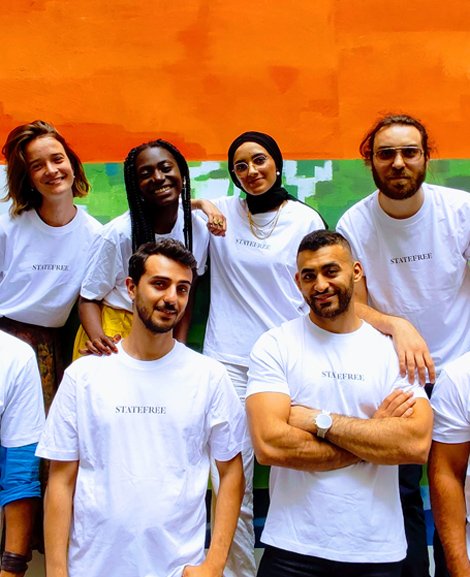Living without a passport or with an undetermined nationality is an everyday reality for up to 10 million people worldwide, with serious consequences. In a system where access to rights is typically linked to recognized nationalities, unresolved citizenship often excludes people from basic rights, institutions, and communities.
Those who are not fully recognized as nationals by a state often have limited access to essential services. Stateless persons have difficulty marrying, accessing health care or social assistance, or attending public schools without restrictions. Denying access to basic services not only impedes personal development, but also makes it additionally difficult to become part of communities. While statelessness may initially refer to a lack of recognition by the state, stateless people often face stigma, discrimination and isolation due to their unclear legal status. This marginalization makes it more difficult for stateless people to participate socially, increasing their risk of falling into a cycle of poverty and disadvantage. Yet the needs and situations of stateless persons are mostly invisible. Statistic surveys usually do not represent stateless people because they are not counted due to their legal status. This also makes it more difficult for non-governmental organizations to advocate for their needs.
By being denied access to travel and identity documents, individuals affected by undetermined nationality face difficulties in crossing borders and are at risk of being detained or refused entry. In general, limited access to legal protection means that stateless people are at much greater risk of becoming victims of exploitation, discrimination, and human rights violations.
Together with our partner organizations, we therefore work to reduce and eliminate the multiple and interrelated obstacles faced by stateless persons, and to give them visibility and a voice.


